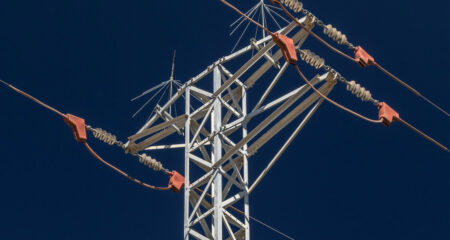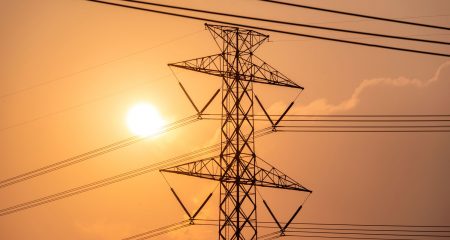 The unlawful industrial action at Eskom’s power stations is costing South Africa three stages of load shedding, CEO André de Ruyter said on Friday.
The unlawful industrial action at Eskom’s power stations is costing South Africa three stages of load shedding, CEO André de Ruyter said on Friday.
If all unionised employees reported for duty and stopped interfering with operations at Eskom facilities, the stage-6 load shedding that the utility will be implemented again from 4pm on Friday would only need to occur at the much less economically damaging stage 3.
Although unplanned outages are at a manageable 13.6GW of capacity, 2.7GW is unavailable as a direct result of the illegal strike action, De Ruyter said.
Eskom will implement stage-6 load shedding until midnight on Friday and will impose stage-4 load shedding between 7am and midnight on both Saturday and Sunday. The midnight to 7am periods will see stage-2 load shedding. {Update from Eskom at 3pm on Friday: “Due to lower than anticipated demand, stage-4 load shedding will continue to be implemented until 10pm. Load shedding will then be reduced to stage 2 at 10pm until 7am for both Saturday and Sunday.”)
The company continues to experience “unlawful and illegal industrial action”, despite the call by two major unions for all unionised employees to report for duty, De Ruyter said. Talks are under way on Friday between Eskom and the unions over a revised wage offer.
De Ruyter said Eskom’s reserves – its pumped-storage dams and its open-cycle gas turbines – are running low, necessitating the need to impose stage-6 load shedding on Friday.
There is reason for some optimism in the short and medium term, however: a collapsed pylon in Mozambique, which provides 600MW of electricity from Cahora Bassa, should be repaired by late on Sunday. Also, unit 2 at Koeberg, which has been down for refuelling, should return to service within the next fortnight.
Damage
Chief operating officer Jan Oberholzer warned that Eskom does not currently have time to repair damage at its plants caused by striking employees. “An assessment will be needed to assess damage incurred and the time needed to rectify the system.”
He also cautioned that the system “may be more unreliable and unpredictable due to the way we had to operate the system” during the current crisis.
He downplayed concerns that a total grid collapse is heightened, saying the system operator balances supply and demand “every minute of every day”. This ensures the reliability and integrity of the system “at all times”.
“Because supply and demand are balanced, the system remains stable and at no higher risk than normal [of a total blackout].” — © 2022 NewsCentral Media




